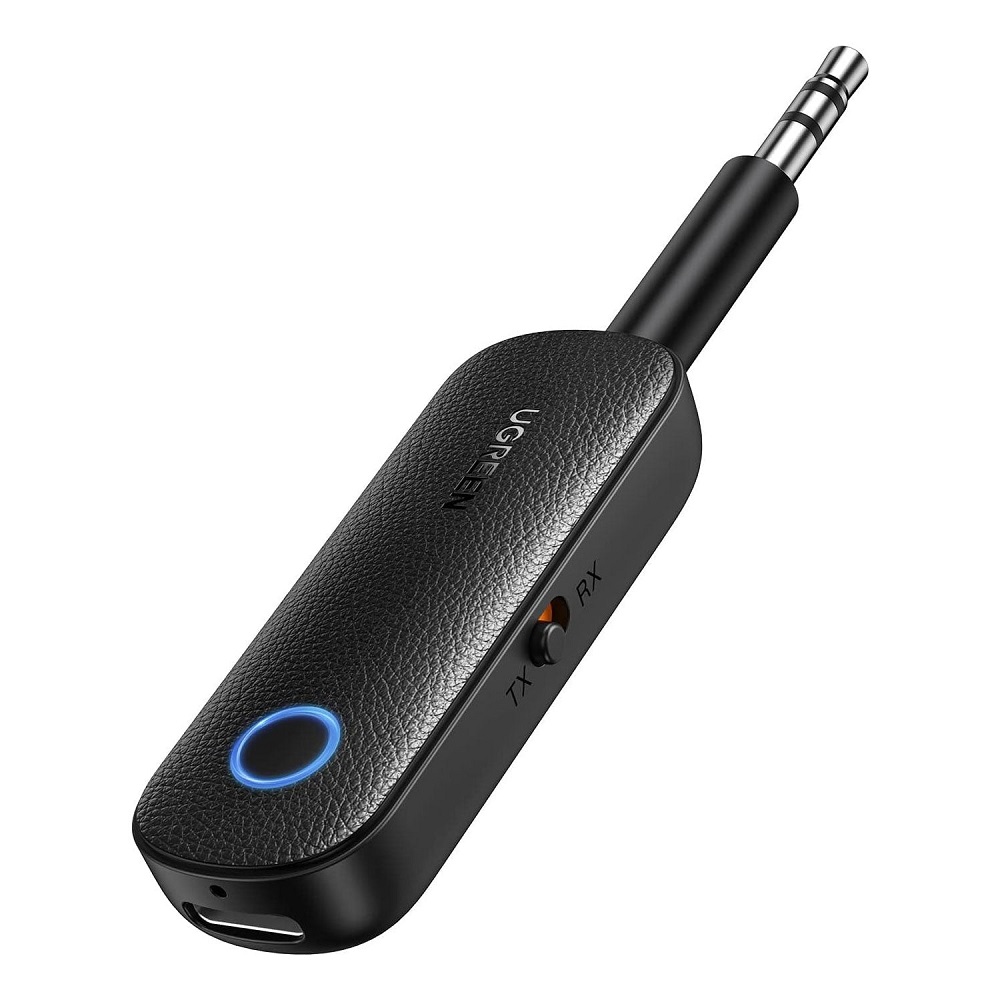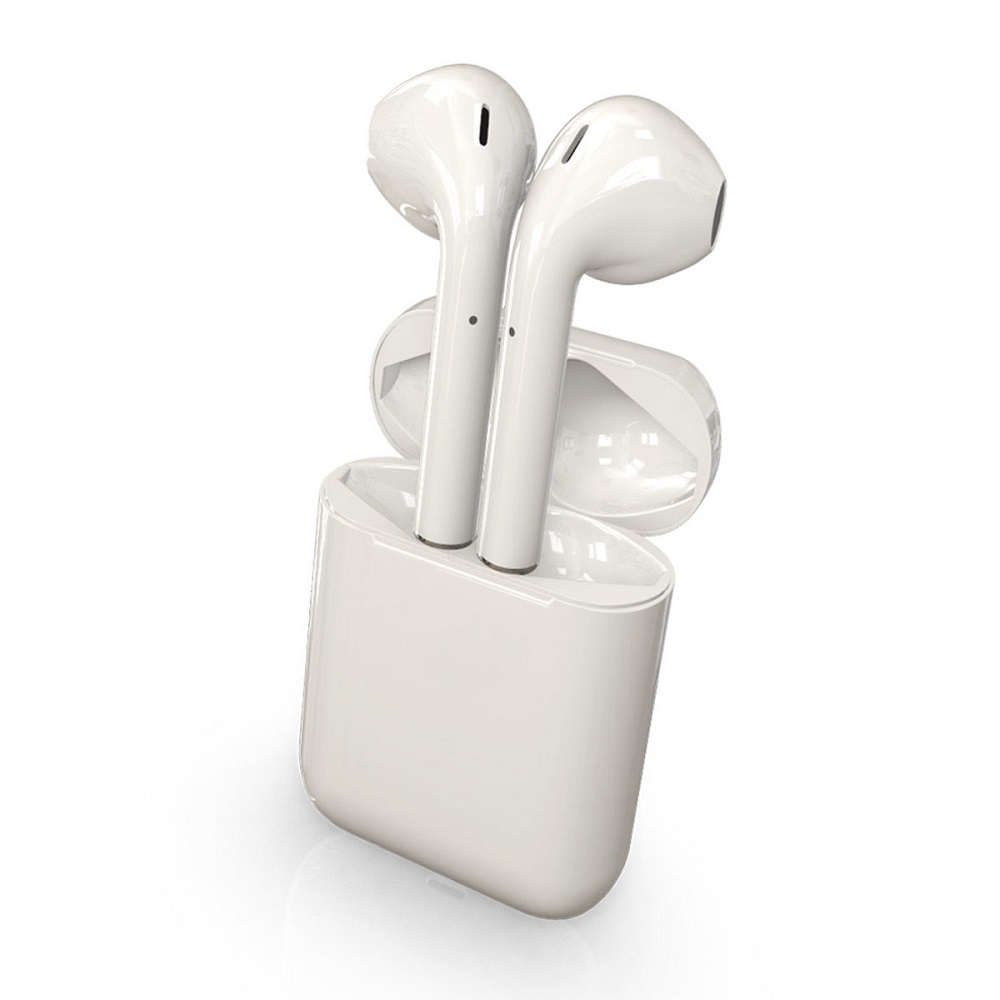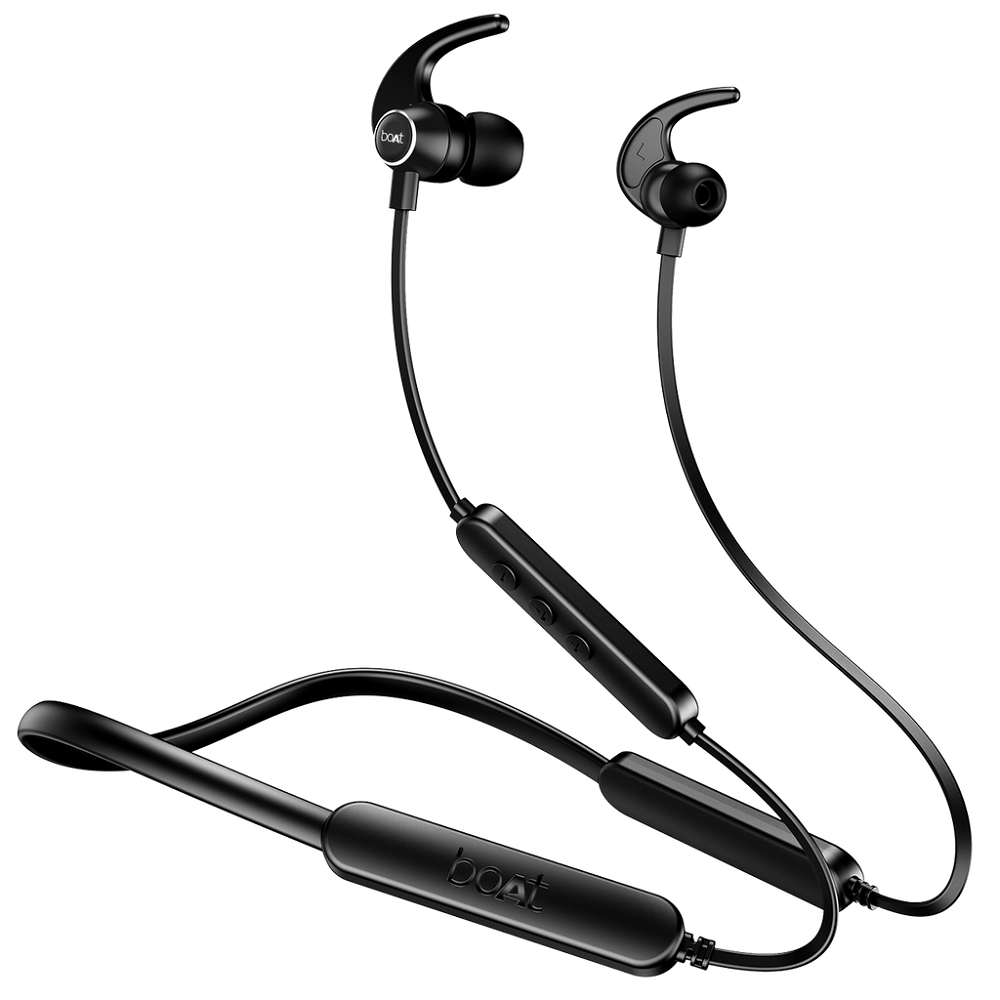Introduction to Bluetooth Connectivity Issues
Bluetooth technology offers convenience, but it can be frustrating when it doesn’t work right. You might wonder, ‘why does my bluetooth keep turning off?’ Let’s explore some common causes and solutions for Bluetooth connection problems.
First, we should acknowledge the brilliance of Bluetooth. It lets us stream music, connect hands-free voice assistants, and control smart home devices without any cables. However, like any technology, it’s not perfect. Issues like sound quality drops, glitches, or complete disconnections do happen, and they can be puzzling.
These connectivity issues might occur for various reasons. Range limitations, interference from other devices, and even low battery life can result in an unreliable connection. To solve these issues, understanding how Bluetooth connections work, from star topology to piconets, is crucial.
In this section, we’ll cover the complexities of Bluetooth connectivity. We’ll delve into the details of how devices pair up and maintain a connection. We’ll also address concerns over compatibility and how device quality can impact the stability of your Bluetooth experience.
By the end of this post, you’ll have the knowledge and tools to improve your Bluetooth connections, minimize disruptions, and enjoy the ease of wireless technology in your daily life.
How Bluetooth Connections Work
To fix issues like ‘why does my bluetooth keep turning off,’ it helps to know how Bluetooth works. Understanding star topology and piconets, as well as master and slave devices, is key.
Bluetooth isn’t magic. It’s a system where devices talk to each other wirelessly. They use a special frequency to send info like songs or files.
When you pair your phone with speakers, your phone is the master. The speakers are the slaves. The master tells the slaves what to do.
The devices make a little network called a piconet. They need to be close to each other to work well.
Keep in mind, things like walls or other wireless stuff can mess up the connection. With these basics, we can start solving common Bluetooth issues.

The Concept of Star Topology and Piconets
Star topology is a way to arrange Bluetooth devices. It makes one device the main one, and others connect to it.
This main device is like the center of a star. All other devices are like points on the star. That’s why it’s called star topology.
In a piconet, the main device is the master. It controls everything.
All the devices in a piconet share the same radio waves. They send packets, or little chunks of data, back and forth.
If your Bluetooth is cutting out, it might be a star topology issue. Bring your devices closer or remove barriers.
Understanding the Role of Master and Slave Devices
The master device, like your phone, is the boss. It sets the frequency for the Bluetooth connection.
Slave devices follow the master’s orders. They’re things like your headphones or smartwatch.
Master devices can only handle so many slaves. This limit can also cause disconnects.
Each device plays a role. Make sure they’re all within range and ready to listen to the master.
By getting these roles right, you lessen the chances of asking, ‘why does my bluetooth keep turning off?’
Common Reasons for Bluetooth Disconnections
Bluetooth technology is handy but it can be a nuisance when your devices keep disconnecting. Here, we’ll explore some common factors that might cause your Bluetooth to act up.
The Impact of Range on Connectivity
Distance is a key player in Bluetooth performance. If you ask, ‘why does my bluetooth keep turning off,’ consider the range first. Your devices need to be close enough to talk to each other. The Bluetooth’s reach has grown over time. It can now work at up to 250m in ideal conditions. Yet, many gadgets like earbuds still have a shorter limit, around 10m. Walls and solid objects can also shorten this distance. If devices are too far apart, moving them closer can often fix the issue.
Environmental Factors and Path Loss
The environment plays a big part as well. Signals can get weaker when passing through walls – that’s path loss. While Bluetooth waves can go through barriers, they may lose strength. Metals and water in walls are the usual troublemakers. They can absorb or deflect the signal. To avoid this, try to minimize obstacles between your Bluetooth devices whenever possible.

Interference Challenges with Bluetooth
Bluetooth offers a seam-free wireless experience, but interference can pose problems. Here’s how you can handle it.
Overcoming Wi-Fi and Bluetooth Frequency Overlaps
Wi-Fi and Bluetooth can clash because they share the 2.4GHz frequency. This can cause your Bluetooth to cut out. To fix this, move Bluetooth devices away from Wi-Fi routers. This reduces overlapping signals. Restarting your router helps too. It can find a fresh, less busy channel.
Frequency Hopping to Reduce Interruptions
Bluetooth uses a smart trick called ‘frequency hopping’. This means it jumps across different frequencies rapidly, nearly 1600 times per second. It’s a built-in way to dodge interference. So, when you wonder, ‘why does my bluetooth keep turning off,’ recall that frequency hopping generally keeps things smooth despite potential overlaps.
The Influence of Multiple Device Connections
Having many connections can cause issues too. Some Bluetooth devices only connect to one thing at a time. If a new device tries to connect, it may bump the current one. This could be why your Bluetooth drops. If often sharing, consider a transmitter for dual connections. This lets two devices use the same Bluetooth source without interruptions.
The Importance of Compatibility in Bluetooth Devices
Bluetooth compatibility is key for a good connection. When you wonder, ‘why does my Bluetooth keep turning off,’ think about device compatibility. Devices must speak the same language to connect well. New and old Bluetooth versions usually work together. But certain features or gadgets might not. Here, we dive into the importance of matching device compatibility for stable connections.
Backwards Compatibility and Bluetooth Versions
All Bluetooth versions should work together. That’s called backwards compatibility. For example, a new phone with Bluetooth 5.0 should still talk to older earbuds using Bluetooth 2.0. But it’s not always perfect. Sometimes, features of newer versions don’t work with old ones. This might make your Bluetooth cut out or not pair at all. Always check to match the Bluetooth versions of your devices to be safe.
Bluetooth Smart and Compatibility Issues
There’s a special Bluetooth called ‘Smart.’ It’s made to save power but works a bit different. Regular Bluetooth devices can’t always talk to Bluetooth Smart gadgets. If your phone is older, say stuck on Bluetooth 4.2, it might struggle to connect to a Smart device. This could be why your Bluetooth keeps turning off. Verify your devices are compatible before buying new ones. That helps avoid connection problems in the future.

Recognizing the Significance of Battery Life
It’s not just the range and interference that can disrupt Bluetooth connectivity. Battery life also plays a crucial role. If you’ve ever asked, ‘why does my bluetooth keep turning off,’ the answer could be as simple as a low battery.
Devices with low battery power may compromise connection quality, or even disconnect, to save energy. Ensuring your Bluetooth devices are fully charged can prevent unexpected cutouts and maintain a stable connection.
How Low Battery Affects Bluetooth Performance
When Bluetooth gadgets lack power, they might limit functionalities. Battery level influences signal strength and overall performance.
If a device’s battery is low, it might not send strong signals to the master device. This can lead to disconnections or poor audio quality.
Also, some Bluetooth devices enter a ‘power-saving’ mode as the battery drains. This mode could lower the device’s ability to communicate effectively.
To avoid issues, charge Bluetooth devices regularly. Do so especially before long use. This ensures they perform their best, keeping your connection solid.
The Quality of Bluetooth Devices and Audio Codecs
When facing the question, ‘why does my bluetooth keep turning off,’ consider device quality. High-quality Bluetooth devices often have better connection stability. They can handle interference and maintain a strong signal with the master device.
Good quality devices often have enhanced features. They might offer stronger signals or better resistance to interference. They can connect faster and handle more data too. These traits contribute to fewer disconnections.
Still, even the best devices need good audio codecs. Codecs encode and decode audio signals for Bluetooth transfer. Poor codec quality can lead to sound issues or cutouts.
The Effect of Device Quality on Connection Stability
The quality of a Bluetooth device can greatly affect its stability. Better products typically have stronger and more reliable connections. They can also handle more Bluetooth ‘slaves’ with fewer issues.
Good devices are designed to deal with common problems like range and interference. They might even hold their connection when there’s a wall in between.
To avoid asking, ‘why does my bluetooth keep turning off,’ pick devices with a reputation for quality. Check reviews and specs to make sure they can handle what you need them to do.
Comparing SBC and AptX Codecs
Audio quality in Bluetooth devices largely depends on the codec used. The most common codec is SBC, or Sub-band Coding. It’s the standard choice for Bluetooth audio. But, it might not always give the best sound quality or quickest data transfer.
AptX is a higher-quality codec. It’s known for reducing sound delay and improving audio clarity. Devices with AptX can better resist disconnections, offering a premium listening experience.
If you want a strong Bluetooth connection, look for devices with AptX or other advanced codecs. They will likely give you a more stable and enjoyable audio experience, free from frequent cutouts.
Wired vs. Bluetooth: Understanding the Differences
In a battle of wired versus Bluetooth, both have ups and downs. Wired connections trump with steady signals. Bluetooth boasts freedom from cables. Knowing these differences helps solve ‘why does my bluetooth keep turning off.’
The Reliability of Wired Connections Over Wireless
Wired connections have one big win: they’re solid. Cables carry clear signals with no drops. Walls or interference hardly matter. This makes wired ideal for stable, high-quality audio.
Plus, wires don’t worry about range. As long as the cable reaches, you’re connected. Wired devices also skip the pairing dance. Just plug in and go. No need to fret over battery life either. Wired gadgets draw power right from the source.
If you hate asking ‘why does my bluetooth keep turning off,’ consider going wired. It might just save you from those annoying cutouts.
Enhancing Wired Devices with Bluetooth Compatibility
Luckily, wired and Bluetooth can sometimes join forces. This fusion happens with a handy tool: a Bluetooth transmitter or receiver. These gadgets link old-school wired devices to the wireless world.
For instance, a receiver lets wired headphones tap into Bluetooth. Meanwhile, a transmitter sends a TV’s sound to Bluetooth speakers. This way, you can keep wired reliability and still enjoy wireless perks.
With the right tools, even your most trusted wired device can embrace Bluetooth’s convenience. It’s like having the best of both worlds without asking ‘why does my bluetooth keep turning off?’
Troubleshooting and Optimizing Your Bluetooth Experience
After delving into the common Bluetooth issues, we understand frustration is real. You wonder, ‘why does my bluetooth keep turning off,’ and seek answers. Let’s recap solutions for a flawless Bluetooth experience.
Firstly, check the range. Keep devices within their effective distance. If not, move them closer.
Second, tackle interference. Separate your Bluetooth and Wi-Fi devices. Restart routers to shift to less crowded channels.
Third, ensure compatibility. Make sure all devices speak the same Bluetooth version. This prevents misunderstandings and disconnections.
Fourth, maintain power levels. A charged device performs best. Charge gadgets regularly to keep connections smooth.
Fifth, prioritize quality. Choose devices with strong signals and advanced codecs for uninterrupted play. SBC is okay, but AptX is better for clear sound without cutouts.
And remember, wires are reliable. They always stay connected, with zero interference. But if you love wireless freedom, get a transmitter or receiver. Turn wired devices into Bluetooth-compatible ones for the best of both worlds.
To sum up, troubleshoot using these steps, and you’ll likely say goodbye to cutouts. You’ll optimize your Bluetooth use, making it suit your lifestyle again. Sometimes, the little adjustments make the biggest difference. Stay connected and enjoy your tunes without interruption.


